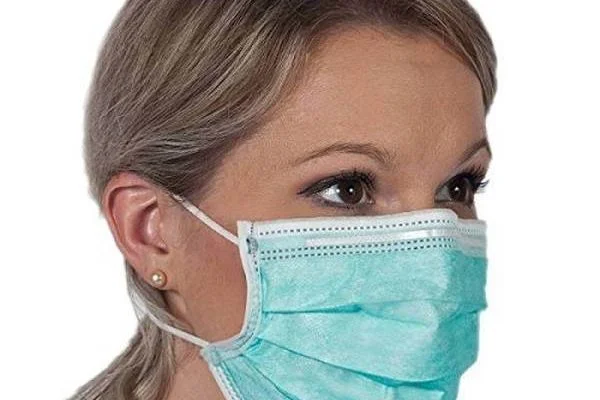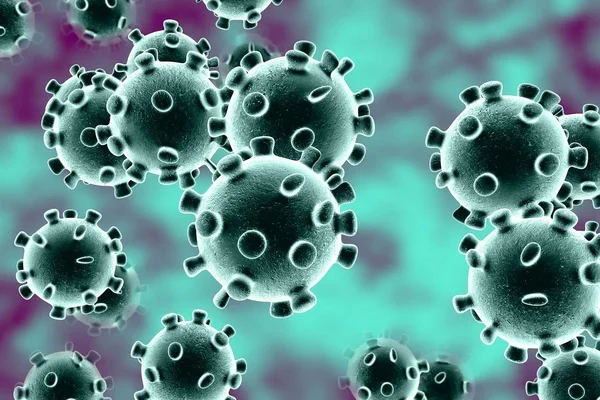The data relating to real estate for sale on this web site comes in part from a cooperative data exchange program of the Realtor® Association of Martin County, Inc. MLS. Real estate listings held by brokerage firms other than Waterfront Properties and Club Communities are marked with the IDX logo (Broker Reciprocity) or name and detailed information about such listings includes the name of the listing brokers. Data provided is deemed reliable but is not guaranteed.
IDX information is provided exclusively for consumers' personal, non-commercial use, that it may not be used for any purpose other than to identify prospective properties consumers may be interested in purchasing.
Copyright 2025 Realtor® Association of Martin County, Inc. MLS. All rights reserved.
Listing information last updated on October 12th, 2025 at 9:16pm EDT.
The data relating to real estate for sale on this web site comes in part from a cooperative data exchange program of Palm Beach Board of Realtors Multiple Listing Service. Real estate listings held by brokerage firms other than Waterfront Properties and Club Communities are marked with the listing broker's logo or name and detailed information about such listings includes the name of the listing brokers. Data provided is deemed reliable but is not guaranteed.
The broker providing this data believes them to be correct, but advises interested parties to confirm them before relying on them in a purchase decision.
© 2025 Palm Beach Board of Realtors Multiple Listing Service. All Rights Reserved.
Listing information last updated on October 12th, 2025 at 9:16pm EDT.
The data relating to real estate on this web site comes in part from the Internet Data Exchange program of the MLS of the Miami Association of REALTORS®, and is updated as of October 12th, 2025 at 9:16pm EDT (date/time).
All information is deemed reliable but not guaranteed by the MLS and should be independently verified. All properties are subject to prior sale, change, or withdrawal. Neither listing broker(s) nor Waterfront Properties and Club Communities shall be responsible for any typographical errors, misinformation, or misprints, and shall be held totally harmless from any damages arising from reliance upon these data. © 2025 MLS of MAR.
The information being provided is for consumers' personal, non-commercial use and may not be used for any purpose other than to identify prospective properties consumers may be interested in purchasing
![Beaches Multiple Listing Service Logo]() All listings featuring the BMLS logo are provided by BeachesMLS, Inc.This information is not verified for authenticity or accuracy and is not guaranteed.Copyright © 2025 BeachesMLS, Inc.
All listings featuring the BMLS logo are provided by BeachesMLS, Inc.This information is not verified for authenticity or accuracy and is not guaranteed.Copyright © 2025 BeachesMLS, Inc.
Listing information last updated on October 12th, 2025 at 9:16pm EDT.











